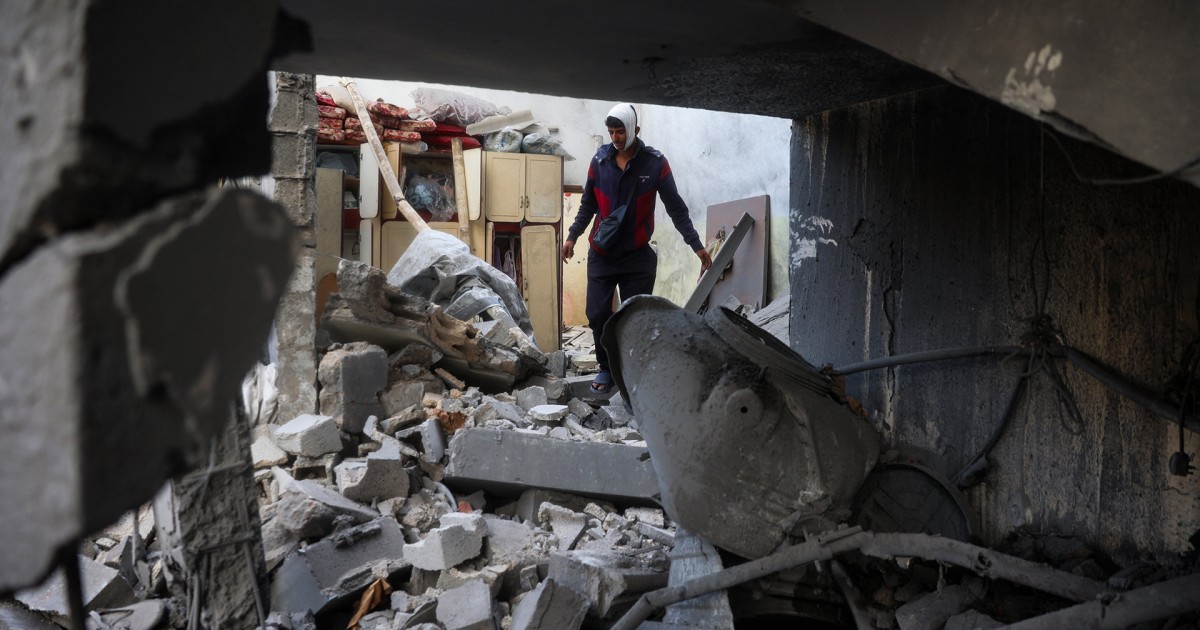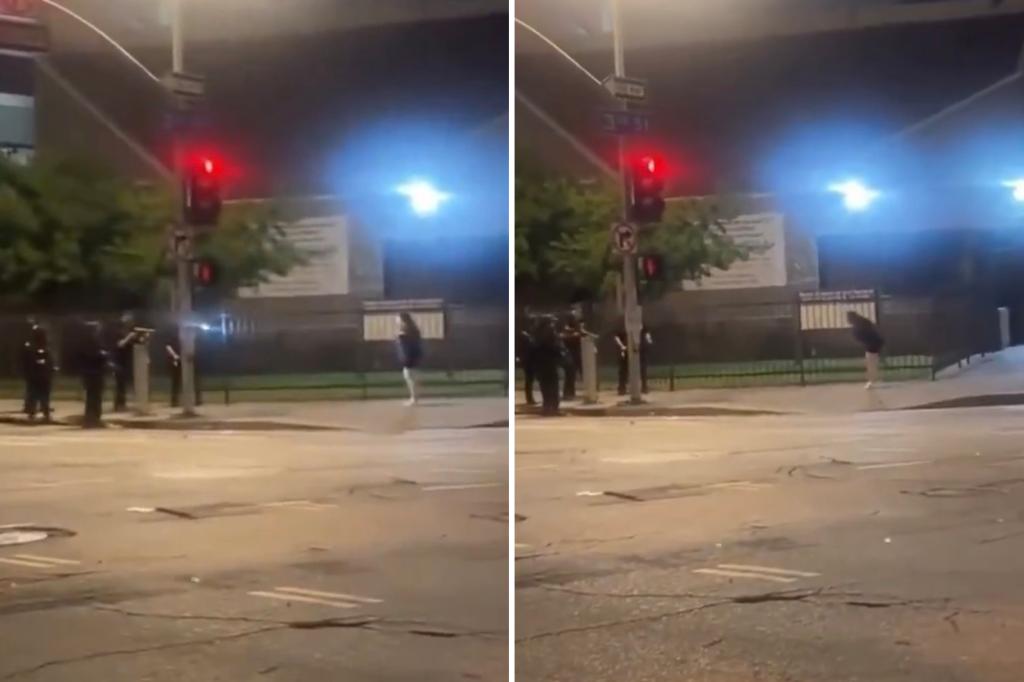Devastation in Gaza: The Human Toll of Renewed Airstrikes
As Israel intensifies its airstrikes, the civilian death toll in Gaza continues to rise, raising urgent humanitarian concerns. The unfolding crisis highlights the dire consequences of ongoing conflict and the plight of those caught in the crossfire. The situation has become increasingly dire, with families enduring unimaginable losses and communities facing destruction on an unprecedented scale.
Understanding the Context of Renewed Airstrikes
The renewed airstrikes in Gaza are not merely military operations; they represent an escalation of a long-standing conflict that has roots going back decades. The conflict has often been marked by cycles of violence, with periods of relative calm shattered by sudden and intense military action.
In recent weeks, the airstrikes have intensified following specific events that rekindled tensions. Reports indicate that hostilities were reignited after violent clashes in contested areas, leading to a rapid escalation in military responses. As a result, civilians, who are already vulnerable due to the ongoing blockade and previous conflicts, find themselves increasingly at risk.
The Human Cost of Conflict
The human toll of these airstrikes is staggering. As of the latest reports, thousands of civilians have been killed, with many more injured. The United Nations and various humanitarian organizations have raised alarms over the disproportionate impact on non-combatants.
- Casualties: Estimates suggest that over 1,000 civilians have died in the past few weeks alone, including a significant number of women and children.
- Injuries: Thousands have been wounded, many suffering from severe injuries that require urgent medical attention.
- Displacement: With homes reduced to rubble, countless families are now displaced, seeking shelter in overcrowded facilities.
The psychological impact cannot be understated. Survivors grapple with trauma, grief, and uncertainty, as the specter of violence looms over their daily lives. Children, in particular, bear the brunt of this trauma, as they witness violence and experience the chaos of displacement.
Humanitarian Response and Challenges
The humanitarian response to the crisis is further complicated by the blockade that has restricted the flow of aid into Gaza for years. Organizations like the International Red Cross and various NGOs are working tirelessly to provide relief, but their efforts are often hampered by ongoing violence and logistical difficulties.
Key challenges include:
- Access: Aid workers face significant obstacles in reaching affected areas due to security concerns and damaged infrastructure.
- Resources: The blockade has severely limited the availability of medical supplies, food, and clean water.
- Coordination: Efforts to coordinate humanitarian assistance are complicated by the complex political and security landscape.
Despite these challenges, there are stories of resilience and hope. Community members often come together to support one another, sharing resources and providing care to those in need. Local organizations, though under-resourced, strive to offer support and deliver aid where possible.
The Role of the International Community
The international community has a crucial role to play in addressing the crisis in Gaza. While there have been calls for ceasefires and negotiations, the response has often been tepid, with political considerations sometimes overshadowing humanitarian needs.
Many countries and international organizations are urging for:
- Immediate ceasefire: A halt to airstrikes is essential to prevent further loss of civilian lives.
- Increased humanitarian aid: Expanding access to essential supplies, including food, water, and medical care, is critical.
- Long-term solutions: Addressing the root causes of the conflict through dialogue and negotiation is necessary for lasting peace.
Public opinion around the world is increasingly vocal about the need for action, with protests and advocacy campaigns aimed at raising awareness and pushing for change. Many citizens are calling for their governments to take a stand against violence and support humanitarian efforts in Gaza.
Looking Ahead: Hope Amidst Despair
While the situation in Gaza is dire, there is a glimmer of hope. Grassroots movements continue to emerge, with individuals and organizations working tirelessly to promote peace and provide support to those affected by the conflict. The resilience of the Palestinian people shines through in their determination to advocate for their rights and rebuild their lives amidst adversity.
Moreover, the global community’s awareness of the humanitarian crisis is growing, leading to increased pressure on governments to act. This could pave the way for more comprehensive peace negotiations and a more significant focus on humanitarian relief efforts.
In conclusion, the devastating impact of renewed airstrikes in Gaza underscores the urgent need for humanitarian action and a concerted effort towards peace. As the civilian death toll continues to rise, it is imperative that the international community responds with urgency and compassion, ensuring that the voices of those caught in the crossfire are heard and addressed. The human toll of this conflict reminds us of our shared humanity and the importance of standing together to support those in need.
As we look to the future, may we aspire to foster a world where dialogue prevails over violence, and where the dignity of every individual is upheld, regardless of their circumstances.
See more CNET 247



